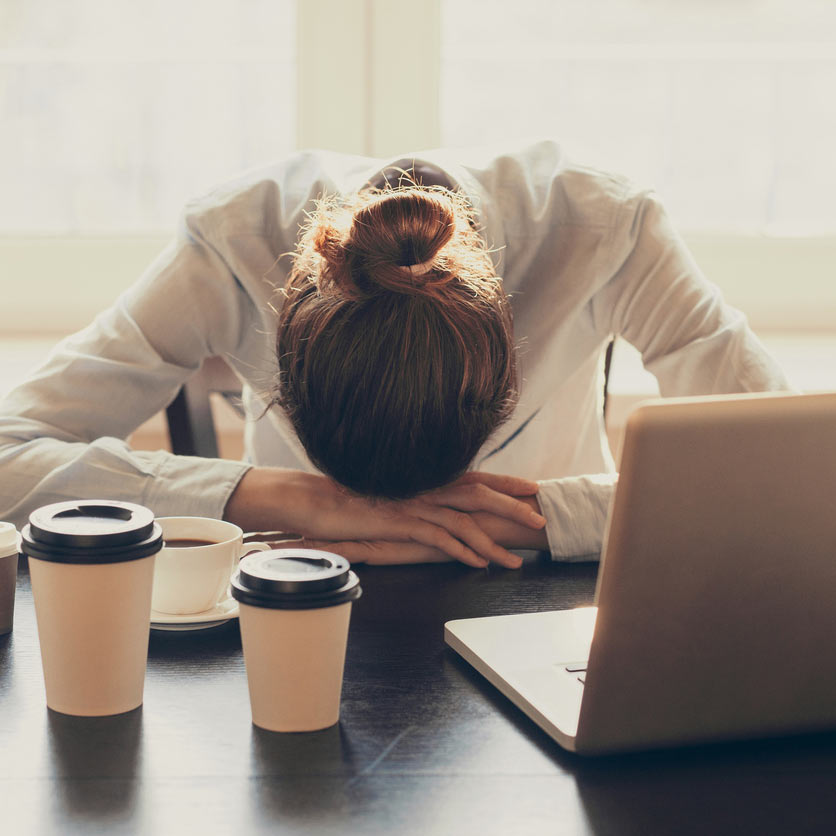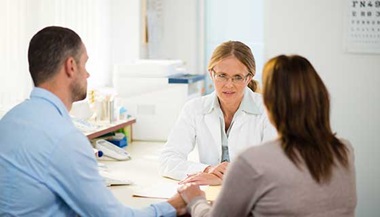How to Fight Parkinson's Disease-Related Fatigue
About half of all people with Parkinson’s experience fatigue. However, fatigue associated with Parkinson’s disease is not quite the same as the tired feeling you have after a long day of work or caring for your kids, or after having insomnia for a few nights running.
Parkinson’s disease-related fatigue is often described as the sort of exhaustion that makes it feel impossible to move, as though one has no energy at all. Patients report a deep physical weariness that’s different from sleepiness. You may feel as though even simple daily tasks — making breakfast, going to answer the phone, writing a shopping list — wear you out.
Another feature is a debilitating mental exhaustion, sometimes called Parkinson’s apathy, which hinders concentration. You may have trouble getting started on a task, following directions or recalling details.
Figuring Out Causes of Fatigue
The first step in easing the fatigue associated with Parkinson’s disease is to rule out other causes of tiredness, says Liana Rosenthal, M.D., assistant professor of neurology at the Johns Hopkins University School of Medicine. “We evaluate patients to see if there are other things contributing to the fatigue besides their disease,” she says.
Sometimes patients may be referred to a sleep specialist for an evaluation. That can help identify causes of tiredness, like sleep apnea. Rosenthal says: “Our aim is to first treat any sleep issues, like insomnia, sleep apnea or other causes of poor sleep. Once we treat and address those issues, we can see if fatigue still persists.”
5 Ways to Break Free of Fatigue

If you and your doctor have established that you don’t have other health, medical or behavioral issues that are causing your fatigue — and that what you’re feeling is truly a symptom of your condition — there are things you can do to fight off exhaustion and feel better. Here are a few suggestions:
-
Assess your medications: Parkinson’s drugs boost dopamine production in the brain, and their levels — and that of the dopamine — can vary. “If you’re on too low a dose, you may dip into a low dopamine stage that can leave you fatigued,” Rosenthal explains. You should also tell your doctor about any other medications or supplements you’re taking to see if any of them are causing fatigue.
-
Exercise: It may feel counterintuitive to exercise when you’re feeling sluggish, but many Parkinson’s patients find that starting the day with exercise, such as a brisk walk or a yoga class, boosts energy all day. And although exercising vigorously late in the day — within a couple of hours of bedtime — can interfere with sleep, a light workout, such as a walk or some simple stretches, may help you relax and get a better night’s sleep. Experiment with times and types of exercise to find what gives you the best results.
-
Take a daily nap: Some people find naps very restorative; others never quite get the hang of fitting one into their day without disrupting nighttime sleep or daily activities. “But a short nap can be an effective way to ease fatigue,” says Rosenthal. As with exercise, experiment with the time of day and length of your nap. As a general rule, longer naps too late in the day can interfere with sleep later and make you groggy. Aim for 10 to 30 minutes in mid- to late afternoon.
-
Drink caffeine (but avoid alcohol): “I frequently recommend a little bit of caffeine to my patients with fatigue,” says Rosenthal. “If that’s what you need, especially in that low-energy time after the lunch hour, there’s nothing wrong with it,” unless you find that it affects your nighttime sleep. “What we like to do is think in terms of what makes the most sense for each patient to live a full, good quality of life.” That said, try to avoid having alcoholic drinks in the evening. It may make you feel sleepy at first, but alcohol is known to cause poor sleep quality.
-
Consider psychological causes: There has been increased focus on the connection between depression and Parkinson’s, and fatigue is a significant side effect of depression too, says Rosenthal. Ask your doctor about getting screened and possibly treated (via medication, talk therapy or both) for depression.





